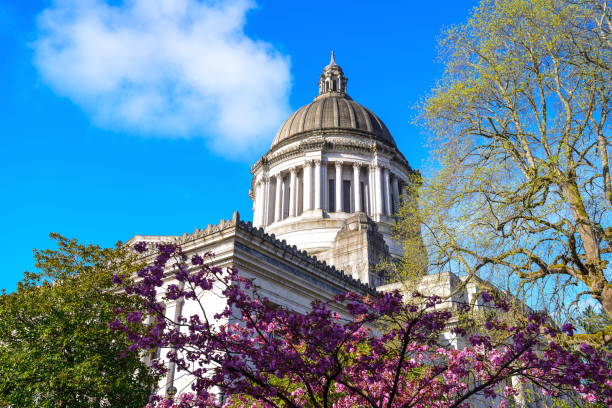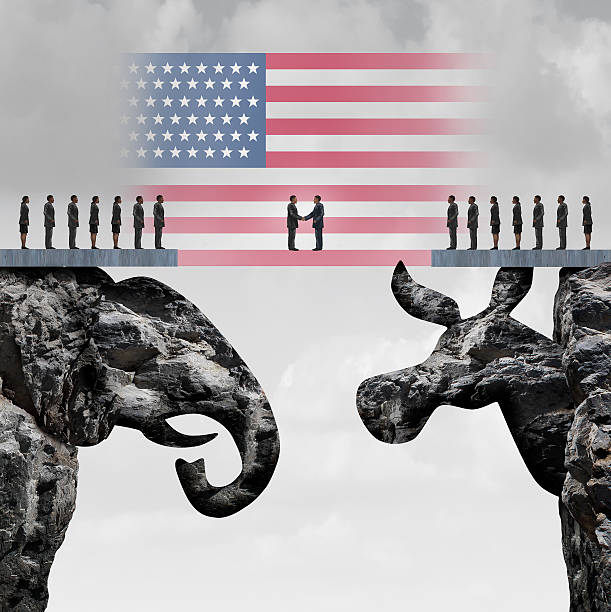The Cadillac Tax will Impact Government Employees and Taxpayers
Local taxpayers could face a large tax increase when the Affordable Care Act’s (ACA) “Cadillac Tax” on health insurance plans begins in 2018. This new tax will impose a 40 percent excise tax on health insurance plans the ACA sees as too generous, defined as $10,200 per year for an individual and $27,500 per year for a family. The cost of a health insurance plan above those amounts will be subject to the 40 percent tax.
The goals of the tax are to help finance the ACA, decrease the overall cost of health care by discouraging the use of “generous” insurance plans and make it fairer for individuals who don’t have the tax-exempt status that employer plans enjoy. Like many parts of the ACA, this provision is very unpopular and legislation has been introduced in Congress to repeal the “Cadillac Tax.”
Health care inflation has risen nine percent per year since 1999. At only a five percent inflation rate, a current individual health insurance plan costing $850 per month and a family plan costing $2,292 per month would qualify as a “Cadillac” plan in 2018.
The problem for taxpayers is that many, if not most government employees enjoy rich health benefits and already have policies that will be subject to the federal Cadillac Tax. By 2018, unless public employers hold down benefit costs, state and local taxpayers will have to pay the excise tax to the federal government for public employees.
United Benefit Advisors (UBA) surveyed 11,000 employers last year. The report found that government-employer annual health care costs increased at double the rate of health coverage in the private sector. The survey also showed that private-sector employees have larger co-pays and higher out-of-pocket expenses than public workers. Since the recession of 2008, wage freezes have been common for all workers, but government employees have been much more likely to receive increased compensation through expanded health benefits, even as public-sector salaries are held flat.
The non-partisan Congressional Budget Office (CBO) originally estimated the Cadillac Tax would generate $137 billion in new revenue over 10 years. Last year the CBO re-calculated the revenue at $80 billion, because private employers were already shifting to less generous health insurance plans. There is no evidence that public employers are doing the same, so public-sector health insurance costs continue to rise.
Public employees in Washington state
The Association of Washington Cities (AWC) offers health benefit plans to municipalities in Washington state through a pooling arrangement. The AWC covers 16,000 employees and retirees and a total of 36,000 lives including family members. Looking at current plans and estimating a five percent per year increase in health insurance costs, Carol Wilmes, the Employee Benefit Trust Program Manager for the AWC, calculates the excise tax will potentially add a total of $76 million in local taxes for the ten years beginning in 2018.
In Everett, the City Council recently determined the Cadillac Tax could potentially add $1.5 million per year to its employee health benefit costs.
The Washington Counties Insurance Fund (WCIF) is a non-profit trust fund that provides health insurance for 100 public employers and 30,000 enrollees. John Kaino, the Executive Director of the WCIF, estimates that at least four or five of the 12 plans now offered would reach the Cadillac Tax level by 2018. Mr. Kaino is concerned that with medical inflation, many more plans will be subject to the tax. He anticipates that any increased costs caused by federal taxation would be passed on to their member employers, which are county governments.
Health insurance plans for Washington state employees are handled by the Office of Financial Management (OFM). The office recently released a study by the Milliman consulting firm that estimated the Cadillac Tax would cost $78.4 million over the ten period from 2018 to 2027.
Congress and President Obama may not have been aware of the trickle-down effect of imposing a special tax on perceived “overly-generous” health care plans. During the debate in 2009, it was thought the tax would apply mostly to the health benefits of corporate CEOs and other high-level management, as well as employee coverage in certain unionized private-sector industries.
The idea of taxing the health benefits of local and state public employees was less well understood. As 2018 approaches, however, the full implications of this part of the Affordable Care Act are becoming clear. The Cadillac Tax is emerging as a significant financial burden placed by the federal government on state and local governments, one that will have a major impact on the ability of local officials to fund essential public services.
Policy analysis
The Cadillac Tax is an example of the federal government forcing a new tax on local and state governments. It is too early to predict accurately the total amount of new taxpayer cost the Cadillac Tax will create. Public employers, however, will have only two options – either reduce health care benefits for their public workers or pass the cost of the federal tax on to taxpayers.
The Cadillac Tax was deferred until 2018 for apparently political reasons. Private employers are starting to make adjustments to employee health insurance plans. Because union contracts are typically for three years, the large public employee unions are already including the retention of generous health benefits in their contract negotiations.
The unpopular Affordable Care Act will burden Americans with more than $1 trillion in new federal taxes over the next 10 years. The Cadillac Tax will potentially add billions to that cost in higher state and local taxes, as local government seek to cover the federal excise tax on their public employees. Solutions include government employers overcoming union opposition and changing employee health insurance plans to fit current budgets, raising local taxation sharply and further burdening working families, or Congress acting to delay or repeal the approaching Cadillac Tax.






